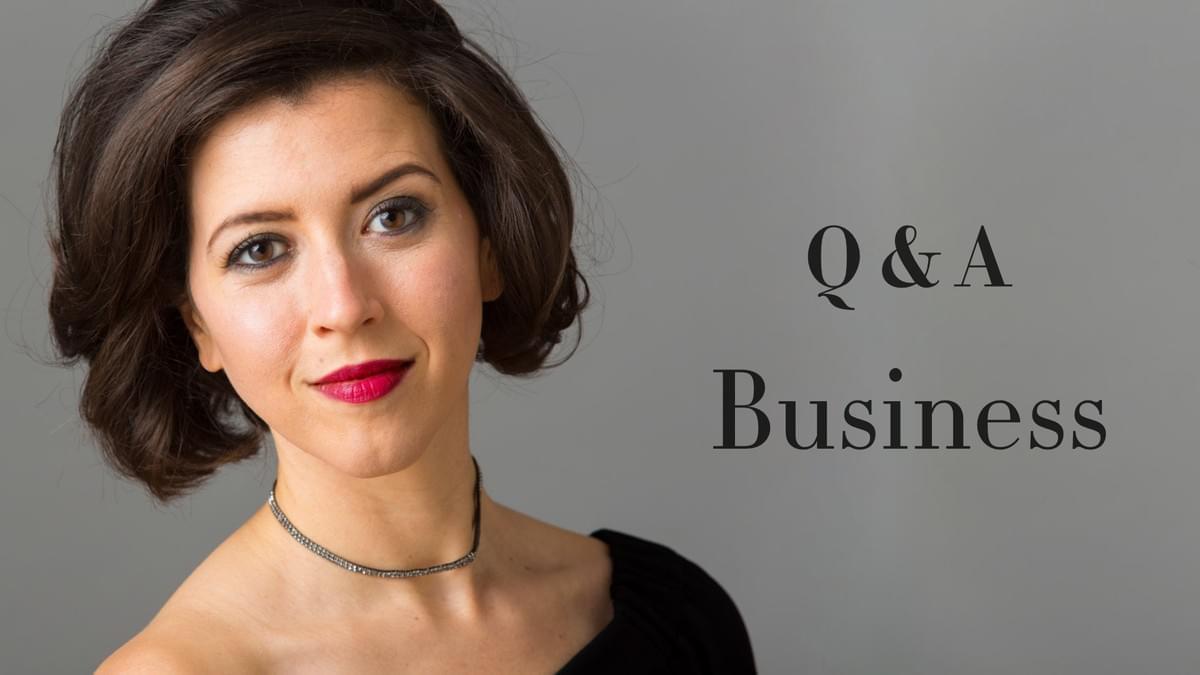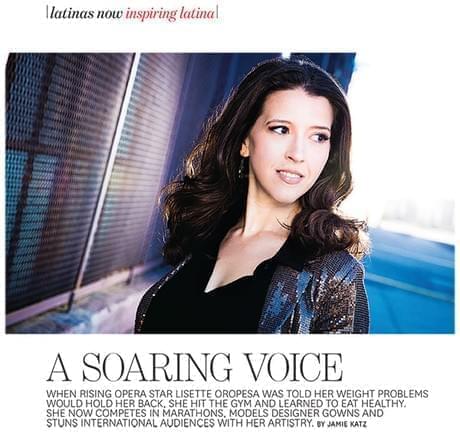Watch the video below!
Hey everyone, welcome to part 3, where I talk about different aspects of the business, getting into it, and managing your way through it. My journey is pretty common: I graduated college with a performance degree in 2005 and went into a big young artist program for 3 years before beginning a professional career, which I’ve maintained for about a dozen years. I have had to make some major personal journeys of self-discovery and growth so that I could pursue my dream. Getting so many questions about what to do and when, it’s very hard to answer because everyone has an individual path. But I want to do my best to sum up what I have experienced, both good and bad, and what I have taken from it as a lesson. Please always dig deep with your own personal honesty to find what applies to you and what doesn’t. All my advice is given with love and encouragement…there is room for all of us, if singing is what we really want and we truly have the gift and the drive.
ADVICE: 1:06
What to work on when you’re still in school and conservatory. What are the most important healthy habits to build, and taking advantage of those years in a safe setting to experiment and try new things. Finding the best practices both technically and personally, which will serve you better in your career when you start working full time. Investing your time and energy into your dream and putting it first and foremost, in preparation for a very challenging career.
LANGUAGES: 5:28
The benefits of investing time into serious language study; you’ll be better at practicing and learning music and you’ll have more colors at your disposal. It’s one of the weaknesses Americans tend to have, and if you want a European career it will help you immensely!
THE CAREER: 7:54
Here I talk about some of the realities of the real walk. The business is very cutthroat and it’s good for you to be sure this is what you really want before you start diving in. It’s important to build your foundation of strength to deal with the challenges. Everyone has a struggle of their own. A part-time career and home/work balance is possible and important for many. Find what drives you.
AFTER SCHOOL: 10:35
What to do when you’re preparing your next steps as a fully trained singer. Decide what’s best for your current desires and level of ability. Perhaps a big move? Probably a young artist program or maybe a professional chorus? So many factors come into play in these crucial steps. It’s important to be heard by as many people as possible, as you are getting ready to start singing professionally. The business is small, and you will likely start being heard by people who might hire you very soon.
COMPETITIONS/AUDITIONS: 11:20
Preparing a good package that showcases you at your best. Auditions should make a statement of who you are as an artist. Competitions, because they are for money, should showcase you at your best and most unique. If you’re a common voice type, find what you can bring that is individual or exceptional. It is important also to be careful with what you wear, invest in tailoring that flatters you and presents you favorably. Your appearance will be judged. Keep an open mindset when it comes to your performance and a competition’s outcome; just because you don’t win doesn’t mean you aren’t gifted. Talk to the judges if possible to get specific feedback and work on your weaknesses.
FEEDBACK: 18:51
Figuring out which feedback is helpful and which feedback you can dismiss. If you are hearing something repeatedly, take heed. If you’re getting polarized advice, take what you feel is right and forget about the rest. Remember that these people giving you pointers aren’t interested in anything but being honest. Differentiate objective comments from subjective ones.
MANAGEMENT: 21:01
Managers know who you are if you’re already working in the performance circuit. In fact, you are not anonymous, you are absolutely being judged when you are a young artist, and in every single engagement you are a part of. The opera world is very small and managers have their feelers out from the time you are very young and starting out. Be on your best behavior always. Some managers don’t pursue artists; you might have to reach out to them yourself, and the best way is to have your press package available and ready to represent your best work.
YOUR INTERNET PRESENCE: 25:58
It is incredibly important to manage your internet presence; nowadays we cannot deny its importance, and the more you can curate your output, the better. Keep your YouTube videos current and your social media professional and positive. Avoid negativity and ranting. Once you decide to perform regularly, your social media is no longer a safe space.
CAREER CHALLENGES: 27:38
It’s important to keep a positive attitude at work, even if you aren’t having a good time; vent at home, or to a close friend or partner. But don’t put it on the internet, and leave it at the door when you get to work. Directors and conductors, as well as companies and colleagues, will sometimes prove to be challenging to deal with. You may be asked to change your interpretation to suit a director’s point of view, and your artistic choices to suit a conductor’s desires. You will find that you have little to zero control over anything, except your own personal contribution.
RESPONSIBILITY: 31:20
Even if you don’t believe in a concept, you might have to just find a way to make it work. This is why you must come prepared, but neutral. The easier you are to work with, the more likely you are to be asked back. Remember that a production’s success is YOUR success, and whether you believe in it or not, it’s your job to sell an authentic performance to the audience. Try everything once, even if you think it’s not good at first; you might change your mind.
IT’S NOT ALL ABOUT YOU: 34:40
Every production is a collaborative effort. We are all in this together, so be open. If you are problematic in rehearsals, you may burn bridges and regret it later.
REJECTION: 35:12
Dealing with the answer “NO,” and finding out why, exactly. See if there are some changes you can make, and get to work on them. Make changes to your life if necessary, and they might have to be big. Start financial planning as early as possible and try to save money by working extra jobs so that you can have cash on hand to book yourself a flight to sing a competition or buy a new outfit for an audition. There are lots of different financial situations we all deal with, and you won’t necessarily be in the same boat as your more well-off colleagues. In many cases, a patron may be handy if you keep your eyes open…if they offer help, take it. Invest in your future not just with money but with time and effort. Put your energies into what it is that you really want so that when the dream starts to come true, you are ready for it.


,format(webp)/https%3A%2F%2Flisetteoropesa.com%2Fmedia%2Fnews%2Fq-a-personal.jpg)
,format(webp)/https%3A%2F%2Flisetteoropesa.com%2Fmedia%2Fnews%2Fq-a-health-fitness.jpg)
,s,m,a,r,t,,,f,o,r,m,a,t,(,w,e,b,p,),,,s,h,a,r,p,e,n,(,0,.,5,,,0,.,5,,,t,r,u,e,)/https%3A%2F%2Flisetteoropesa.com%2Fmedia%2Fgallery%2F2024%2Fportraits%2F202408-02-portrait-lisette-oropesa.jpg)







